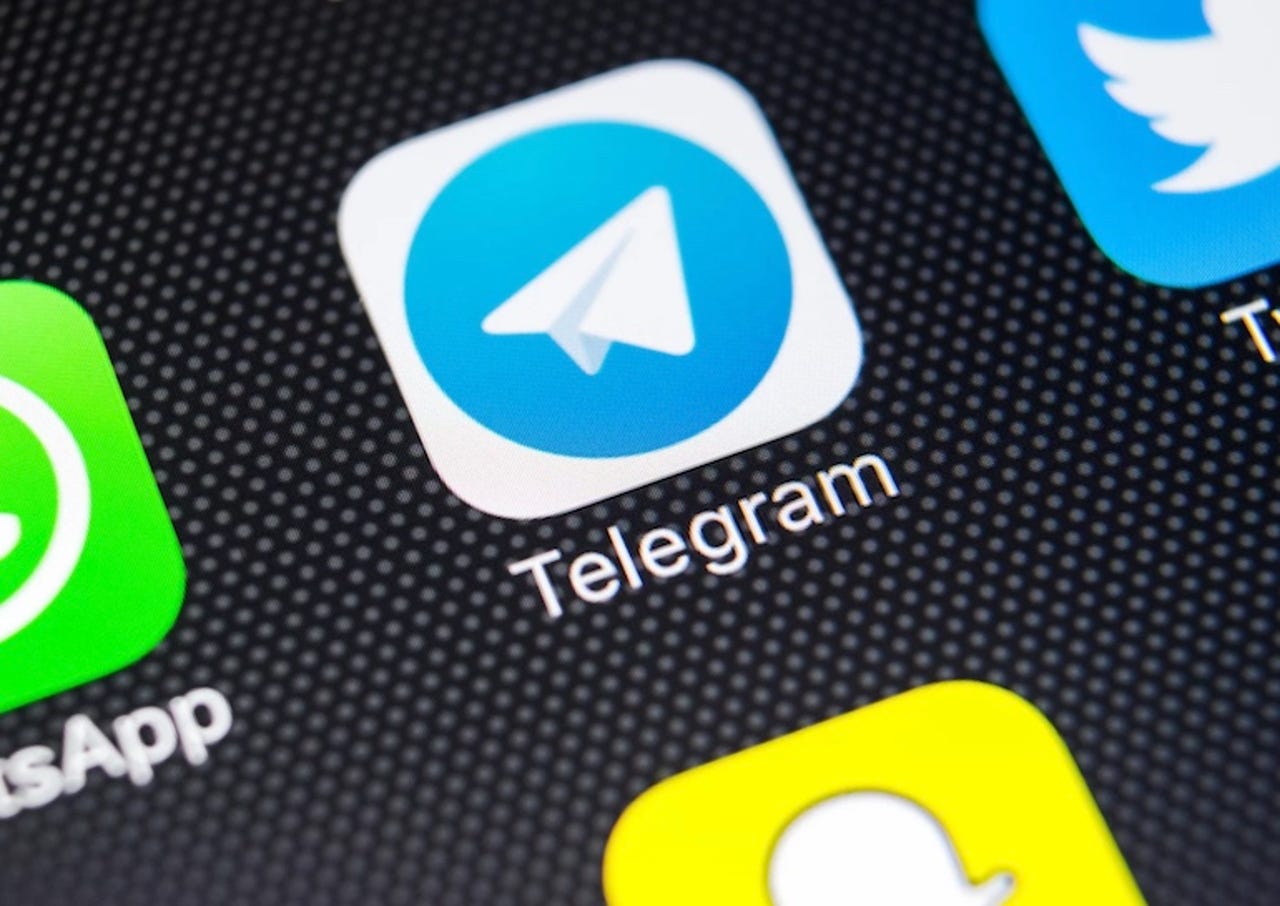Russia moves to block Telegram after encryption key denial


(Image: file photo)
Russia's media and internet regulator has asked a court to block the encrypted messaging app Telegram after the company refused to give its encryption keys to state authorities.
The regulator, known as Roskomnadzor, filed the suit Friday in a Moscow district court.
Featured
The lawsuit, which has yet to be published, contains a "request to restrict access to the territory of Russia to the information resources" of the app, said a statement.
In other words, the government wants to block the app from working in the country.
The lawsuit lands after the Russian state security service, the FSB (formerly known as the KGB), demanded that the Dubai-based app maker hand over its encryption keys, which Russia contends is a legal demand. Russian entrepreneur and company founder Pavel Durov refused, and the Russian government took Telegram to court.
Russia's Supreme Court upheld the demand in late March.
Telegram was ordered to hand over the keys by Wednesday, but refused. Roskomnadzor must now sue the company to obtain the authority to block the service.
Durov said that any threats to block Telegram in the country "won't bear fruit," but did not outright say if he or the company would hand over the keys.
The encrypted messaging app has more than 100 million users around the world, but has been known to be popular with terrorists for sharing communications and spreading propaganda and misinformation.
At the time of writing, Durov has not publicly commented on Roskomnadzor's latest action.
Telegram's lawyer Pavel Chikov told ZDNet that a decision by the court could take months.
"It's too early to predict and tell," he said in an email, about the possible outcome of the case. Chikov said that Telegram's legal team will "definitely participate in the trial, object and provide their legal position," and that the app maker is standing its ground and "ready to [consider] any alternative" to handing over its encryption keys.
He called the move to demand the company's encryption keys "unconstitutional."
The Moscow court is expected to soon hold an initial hearing on the case. Chikov said the company can appeal the decision.